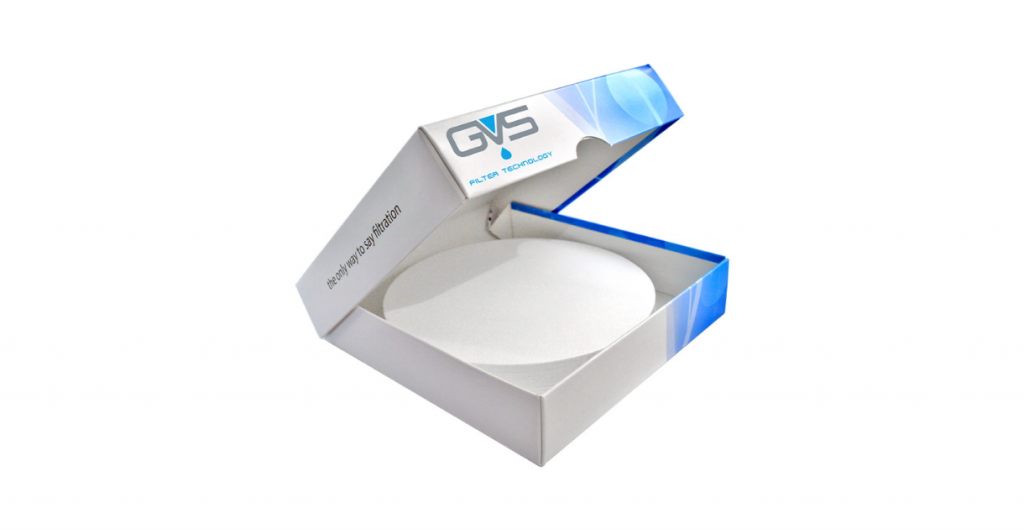Introduction:
Life science research involves exploring the intricacies of living organisms and uncovering their underlying mechanisms. To aid in this quest, researchers rely on a wide array of tools, including qualitative filter paper. In this blog, we will delve into the world of life science research and unveil the versatility of qualitative filter paper, an essential component in qualitative analyses.
Understanding Qualitative Filter Paper:
Qualitative filter paper is a type of porous paper specifically designed for qualitative analyses. It allows the passage of liquids while effectively retaining solid particles. Qualitative filter paper comes in various grades, each offering different pore sizes and filtration speeds to accommodate diverse research needs.
Particle Separation and Identification:
Qualitative filter paper is indispensable in the separation and identification of particles. By filtering a liquid sample through the paper, solid particles are captured and retained while the filtrate passes through. Researchers can then examine the retained particles under a microscope, perform visual inspections, or subject them to further analysis to identify their composition and characteristics.
Grading and Classification:
Qualitative filter paper aids in the grading and classification of solid materials in life science research. It allows researchers to separate particles based on their size, shape, or other properties. This capability is particularly useful in fields such as soil science, environmental analysis, and geological research, where the characterization and classification of particulate matter are crucial.
Qualitative Analysis Techniques:
Qualitative filter paper serves as a fundamental component in various qualitative analysis techniques. For instance, in paper chromatography, the paper acts as the stationary phase, allowing the separation and identification of different compounds within a mixture. Qualitative filter paper also finds applications in spot tests, colorimetric assays, and other qualitative procedures aimed at detecting and identifying specific substances or analytes.
Sample Preparation:
Qualitative filter paper plays a vital role in sample preparation for subsequent analyses. It is used to remove solid impurities from liquid samples or to concentrate particulate matter. By employing qualitative filter paper, researchers can ensure cleaner and more suitable samples for further investigations.
Customization and Selection:
Researchers can choose from a range of qualitative filter paper grades, each with specific characteristics and properties. The selection process involves considering factors such as pore size, filtration speed, chemical compatibility, and desired particle retention. By customizing the choice of qualitative filter paper, researchers can optimize their qualitative analyses to suit their specific research objectives.
Conclusion:
Qualitative filter paper proves to be a versatile tool in life science research, enabling the separation, identification, grading, and classification of particles. Its ability to capture solid materials while allowing the passage of liquids makes it an invaluable asset in qualitative analyses. By harnessing the power of qualitative filter paper, researchers can unravel the mysteries of the biological world, identify substances of interest, and make significant contributions to the field of life sciences.
In the pursuit of qualitative analysis and characterization, qualitative filter paper serves as an essential tool in the arsenal of life science researchers.
Website : https://www.gvs-lifesciences.my/



